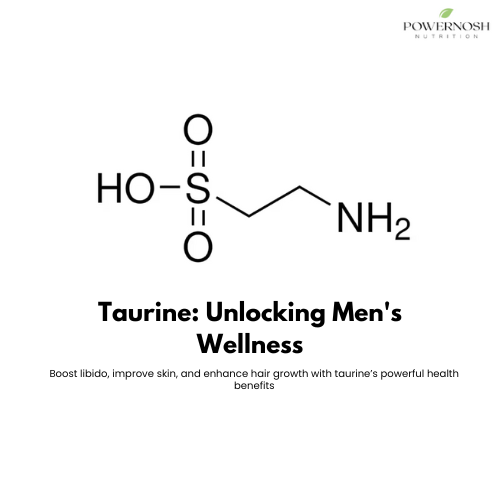News

Where to Buy Testosterone Boosters in Jaipur – ...
Discover where to buy testosterone boosters in Jaipur. Explore top offline stores, online options, and trusted products like PowerNosh Elevate in this complete guide.
Where to Buy Testosterone Boosters in Jaipur – ...
Discover where to buy testosterone boosters in Jaipur. Explore top offline stores, online options, and trusted products like PowerNosh Elevate in this complete guide.

The Power of Taurine: Benefits for Sexual Healt...
Explore taurine’s benefits for men's sexual health, skin hydration, and hair vitality in this guide.
The Power of Taurine: Benefits for Sexual Healt...
Explore taurine’s benefits for men's sexual health, skin hydration, and hair vitality in this guide.

The Ultimate Guide to Tamarind Root: Benefits, ...
Explore tamarind root’s health benefits, culinary uses, and wellness potential for men and women.
The Ultimate Guide to Tamarind Root: Benefits, ...
Explore tamarind root’s health benefits, culinary uses, and wellness potential for men and women.

The Ultimate Guide to Siberian Ginseng: Benefit...
Explore the adaptogenic benefits, traditional uses, and scientific insights of Siberian Ginseng.
The Ultimate Guide to Siberian Ginseng: Benefit...
Explore the adaptogenic benefits, traditional uses, and scientific insights of Siberian Ginseng.

Shilajit: The Ancient Remedy for Men's Sexual V...
Shilajit boosts libido, stamina, and testosterone, enhancing men’s sexual wellness and overall vitality naturally.
Shilajit: The Ancient Remedy for Men's Sexual V...
Shilajit boosts libido, stamina, and testosterone, enhancing men’s sexual wellness and overall vitality naturally.

Shatavari: The Ayurvedic Herb for Sexual Vitali...
Shatavari enhances libido, balances hormones, and supports reproductive health for men and women naturally.
Shatavari: The Ayurvedic Herb for Sexual Vitali...
Shatavari enhances libido, balances hormones, and supports reproductive health for men and women naturally.

